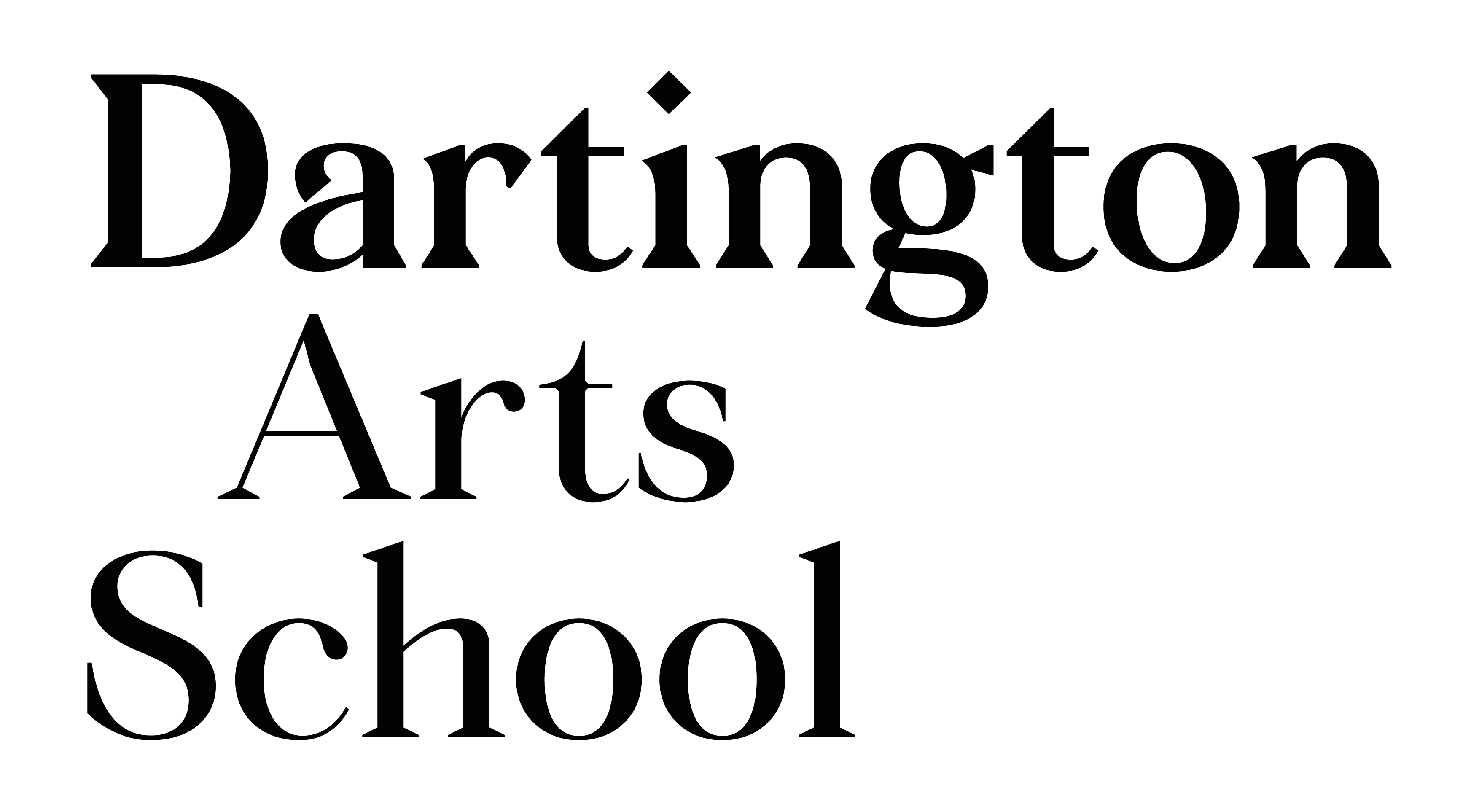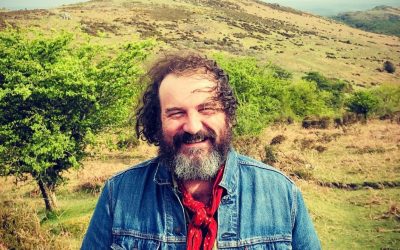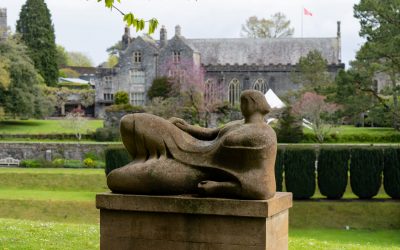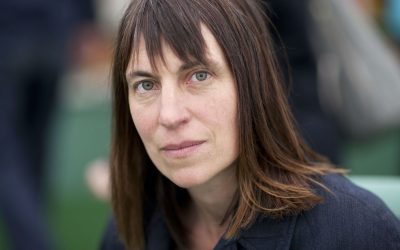overview
- A course focused on literary study, with an emphasis on oral literary traditions and narrative field trips
- You’ll have opportunities to engage in creative practice (creative writing or another creative practice) alongside and in dialogue with your literary studies
- Students have access to bookable studios and workshops at Dartington
start date: september
Term dates - 2022-23
2022-23 Academic Year
Autumn Term: Monday 12 September – Friday 16 December 2022
Winter Term: Monday 9 January – Friday 31 March 2023
Spring Term: Monday 24 April – Friday 30 June 2023
Dissertation Deadline: Tuesday 15 August 2023
On-site Teaching Dates
12–16 September 2022: Welcome Week
19-30 September 2022: Module 1
7–18 November 2022: Module 2
9–20 January 2023: Module 3
27 February–10 March 2023: Module 4
Term dates - 2023-24
Term Dates
Autumn Term: Monday 11 September – Friday 15 December 2023
Winter Term: Monday 8 January – Friday 5 April 2024
Spring Term: Monday 29 April – Friday 5 July 2024
Dissertation Deadline: 15 August 2024
Module dates
Module 1
Welcome week: Monday 11th – Friday 15th September
Residential weeks: Monday 18th September – Friday 29th September
Online weeks: Monday 2nd October – Friday 27th October
Assignment deadline: Friday 3rd November
Module 2
Residential weeks: Monday 6th November – Friday 17th November
Online weeks: Monday 20th November – Friday 15th December
Assignment deadline: Tuesday 4th January 2024
Module 3
Residential weeks: Monday 8th January – Friday 19th January
Online weeks: Monday 22nd January – Friday 16th February
Assignment deadline: Friday 23rd February
Module 4
Residential weeks: Monday 26th February – Friday 8th March
Online weeks: Monday 11th March – Friday 5th April
Assignment deadline: Thursday 30th April
Module 5
Dissertation Deadline: Thursday 15th August
Learning pathways
Some qualifications are offered part-time – these are indicated below. Please note that we do not offer online-only pathways for this course.
To get the most out of their course and of being part of our learning community, many students choose a fully immersive experience for the residential taught periods of their course, staying on our stunning 1,200 campus on the banks of the River Dart with full board accommodation.
MAster's (ft/pt; 180 credits)
A full-time (1 year) or part-time programme (2 years) with 4 x 30 credit modules and 1 x 60 credit dissertation or major project module. The taught (30 credit) modules are six weeks’ long. Teaching at Dartington is concentrated into two-week periods for each of the first four modules, with supported e-learning and independent learning inbetween.
PLEASE NOTE: We are not accepting new part-time applications for a September 2021 start as we have a large number of part-time students already pursuing the course. We expect to reopen part-time applications for September 2022.
Postgraduate Diploma (ft/pt; 120 credits)
A full-time (1 year) or part-time programme (2 years) with 4 x 30 credit modules. Students taking the full-time option will study all four modules during the first two terms. For full details on part-time pathways, please contact us.
Postgraduate Certificate (60 credits)
A full-time programme with 2 x 30 credit modules. Students will study both modules during term one.
First module only (30 credits)
Participants will submit a 3,000-word essay, a creative work portfolio and a one-page critical reflection on their creative work. A pass mark gains 30 Level 7 credits, which can be used if applying at a later date to complete a Poetics of Imagination postgraduate award (PGCert – a further 30 credits; PGDip – a further 90 credits; MA – a further 120 credits).
To apply for the accredited single module option, apply in the usual way, selecting the ‘Module One’ option during the application process.
course content
The course is centred around oral telling but opens to a broader spectrum of the arts, examining the work of ancient to contemporary storytellers, writers and artists.
From physically tracking folktales across the wilds of Dartmoor to three day tellings of myths that form much of the crucible of modernity, we will explore the reality that when humans imagine, they tend to imagine in story. What is trying to be told right now?
programme structure & modules
This MA programme consist of 5 modules (4 taught and 1 dissertation module). The first 2 weeks of each taught module are timetabled teaching periods, where you can live on site (or nearby) and participate in the learning community. So there are 4 two-week periods, spread across 7 months.
The remaining 4 months are the dissertation or major project period. You may choose to return home for the duration of this final module, and will no longer be sponsored by us for your Tier 4 visa.
Outside of the two-week periods, international students (only) may request accommodation and full board onsite at Dartington for terms 1 and 2: this would require you to participate in the learning community activities. Alternatively you can opt to live nearby or anywhere in the UK and travel to and from Dartington when required.
We have a limited number of residential places available for international students. Apply as early as possible and select the accommodation option on the application form.
Module One: Oral Thought (30 credits)
This module explores Western and non-Western creation myths. Storytellers have suggested that words were once like magic. We began in an animistic universe where thought took place in speech rather than on paper. Focusing on stories of creation, place, and nomadism, attention is paid to the roles of mischief and desire in the making of culture and understanding of region. Students explore how place is formed.
We are looking at ‘enrichment’ opportunities for students for later in the academic year so that you don’t miss out due to online delivery (for examples, extended studio/library time/additional fieldtrips).
Module Two: Negotiating Fables (30 credits)
This module considers the arrival of literacy and tracks a divide between the ambitions of state and shaman. It explores how cultures reveal their attitudes to the unknown, the exiled, and the Otherly through the stories they tell. It contemplates the monsters invented by particular cultures, and what happens when the gods start to carry appearances rather like our own.
Module Three: Glorious Distortions (30 credits)
This module considers the historical move to an internalised position. In a hunter-gatherer culture we dwelt within psyche, but by the 12th century, psyche frequently dwelt within us. We trace this move and consider the influence of Islamic thought on the Arthurian Grail romances, and cultural cross-pollination in the courtly schools of Eleanor of Aquitaine. We consider how these influences have shaped us today.
Module Four: Contemporary Romanticism (30 credits)
Romanticism is underpinned by a love of myth, nature, and individuation. Harold Bloom has insisted that the historical Romantic movement was an internalising of the quest motifs of ancient mythologies. This module poses the questions: is there a place for romanticism in contemporary culture, and if so, what does it look like. It asks if it is still credible to fetishise the lone hero or if it is time for something else.
Module Five: Dissertation/Major Project (60 credits)
This module enables students to pursue a creative practice-led research project, or an academic essay interrogating the further evolution of poetics of imagination theory and practice, or a combination of both (50/50). The outcome might be presented in the public domain in an end of year event (reading, performance etc.) or a publication.
entry requirements
Qualification(s) required for entry to the MA
BA (Honours) Degree: A first degree in a humanities subject. Where the first degree is not humanities-related, a portfolio of work in support of the application or experience that is equivalent.
Other non-standard awards or experience: A willingness to engage with the field of Poetics of Imagination. Candidates will be considered with prior credited learning and prior experiences subject to interview. *
Interview requirements: All applicants are required to attend an interview, either at the School or online.
*For further information please contact our admissions team at admissions@dartington.org.
fees
For full details on our fees, plus information about scholarships, student loans and bursaries, click here.
This programme is eligible for Chevening Scholarships for international students. Find out more via this link.
staff
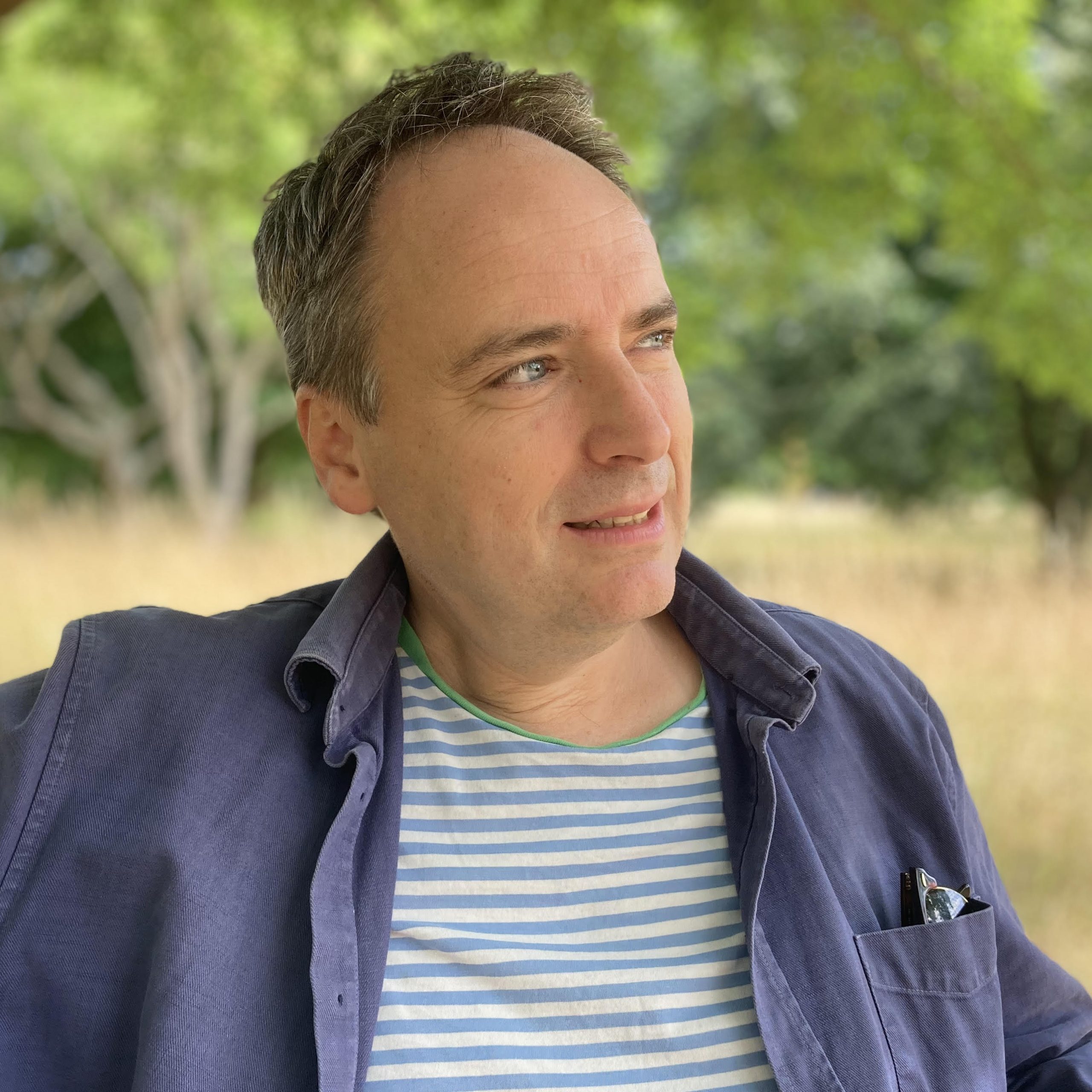
DR Valentin Gerlier
valentin.gerlier@dartington.org
Valentin is Senior Lecturer in Poetics of Imagination. His research expertise centres around the relationship between being and language. He is especially interested in the truth-bearing aspects of the poetic imagination and how these manifest in dialogue, performance, ritual and oral cultural transmission.
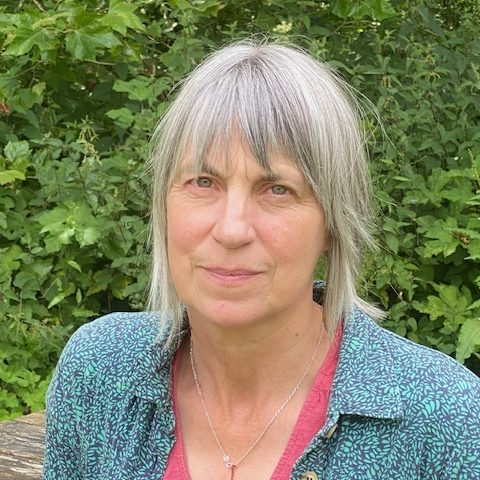
Alice Oswald
alice.oswald@dartington.org
Alice Oswald is a poet with a particular interest in oral traditions. She has published several books of poetry, including Darr, a documentary poem about the river which flows through Dartington.
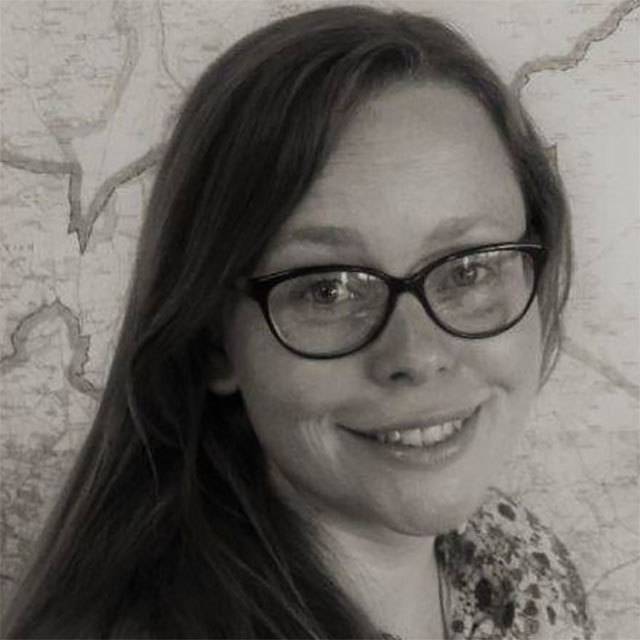
EMMA BUSH
emma.bush@dartington.org
Emma Bush is Associate Lecturer for our Poetics of Imagination and Reimaginging Performance Practice courses. She works in the field of art and ecology, making performance, site-specific walks, writing and workshops.
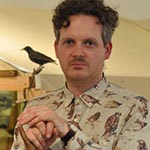
Bram Thomas Arnold
Bram.Arnold@dartington.org
Dr Bram Thomas Arnold is an artist who started with walking and kept going into performance, drawing, installation, writing and academia. He is Associate Lecturer for our Poetics of Imagination programme.
plus: meet our guest lecturers
Poetics of Imagination guest lecturers and tutors have included:
Dr Andy Letcher
Programme Lead, Engaged Ecology, Schumacher College
More about Andy >
Barton Hargreaves
artist and printmaker
More about Barton >
Ben Haggarty
performance storyteller
www.benhaggarty.com
Dr Carla Stang
anthropologist, author of A Walk to the River in Amazonia (2009)
Watch: Chasing Consciousness podcast >
Professor Catherine Leglu
University of Luxembourg, medievalist specialising in medieval and Occitan literature. Her books include The Cathars and the Albigensian Crusade, The World of Eleanor of Aquitaine, The Erotics of Consolation
More about Catherine >
David Stevenson
MA Myth and Ecology graduate
Professor Gregory Leadbetter
Birmingham City University, poet and critic specialising in the Romantic poetry and thought, author of Coleridge and the Daemonic Imagination (Palgrave Macmillan, 2011)
More about Gregory >
John Hall
poet, author of As a Said Place
More about John >
J.R. Carpenter
artist, writer, researcher, performer and maker of maps, zines, books, poems, fiction, non-fiction, non-linear hypermedia narratives, and computer-generated texts
More about J.R. >
Jules Cashford
Writer on mythology, author of The Moon: Symbol of Transformation (2016), Gaia: Story of Origin to Universe Story (The Gaia Foundation, 2012), The Mysteries of Osiris (2010),
More about Jules >
Katherine Robinson
Researching the influence of early Celtic literature and mythology on the poetry of Ted Hughes and Sylvia Plath.
More about Katherine >
Lucinda Guy
Soundart Radio
soundartradio.org.uk >
Maria Moorhouse
Stonecarver and artist
sculptworks.co.uk >
Menna Elfyn
Welsh poet, playwright, columnist
More about Menna >
Neil Astley
Poet and Editor of Bloodaxe Books
bloodaxebooks.com >
Oona Wagstaff
Artist, Musician, Tutor and Occupational Therapist
More about Oona >
Richard Lewis
Botanist, gardener, basketmaker
themothertree.uk >
Dr Stephan Harding
Deep Ecology Research Fellow at Schumacher College, author of Animate Earth; Grow Small, Think Beautiful; and Poems of Lorca, translated with Martin Shaw.
More about Stephan >
Tony Whitehead
Naturalist, birder and artist.
More about Tony >
Dr Troy Vine
Programme Lead, MSc Holistic Science, Schumacher College
Particle physicist, history and philosophy of science researcher. Books include Experience Colour, What is Colour?, Goethe, Ritter und die Polariat.
More about Troy >
careers
Learning at Dartington is staunchly holistic and focussed primarily on the potential for a course of study to deepen and expand your individual experience of the world while gaining a richer sense of your place in it in harmony with community and nature. In line with these aims, our approach to education seeks to move beyond the trend in many higher education establishments to offer degrees merely as a means to an end.
However, effective creative storytelling and the ability to accurately interpret and analyse complex narratives and paradoxical ideas are some of the most important skills you can nurture in an age of misinformation and social media echo-chambers. These skills are increasingly valued in many sectors from publishing to journalism, communications and digital marketing roles at large, but equally in policy and advocacy in local and national governments and agencies, as well as in charities, heritage and arts organisations, start-ups and entrepreneurial ventures.
This course is also a great step towards developing your own creative practice or narrowing your research interests towards a more focussed PhD, which you could go on to take through our PhD node in partnership with University of Westminster.
live chats & open days
latest news & blogs
Martin Shaw on his retelling of one of the greatest Irish myths
On 11 February, Martin Shaw retells the classic Irish myth Dermot and Grainne at Dartington. We caught up with him to find out his personal relationship with this ancient story and to ask how he manages to recall the narrative details of such multi-hour, sometimes days-long performances.
Search for poet in residence for our historic gardens
We are looking for a Poet in Residence for our Grade II* Listed Gardens – a position open to any poet in the UK and that’s set to run from January to December 2022.
Alice Oswald joins Dartington Arts School as senior lecturer
We are delighted to be able to share with you that poet Alice Oswald is joining the teaching staff at Dartington Arts School as a senior lecturer on the Poetics of Imagination MA.

